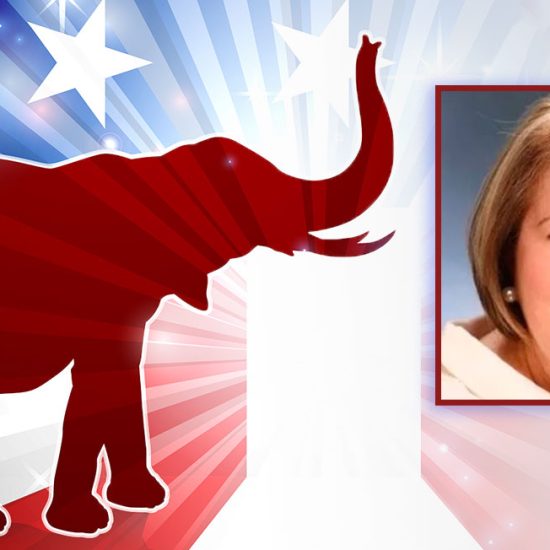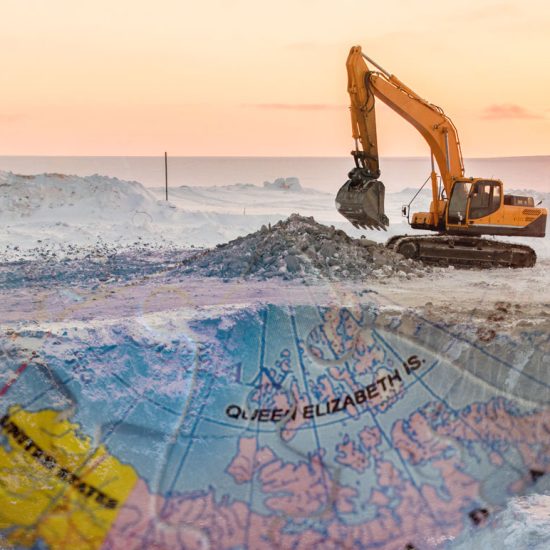The state’s political and resource communities are still buzzing about Gov. Bill Walker’s sudden firing Jan. 6 of three Alaska Gasline Development Corp. board members and his order that new board members not sign confidentiality pledges. Besides the political theater, the concern is whether this might impair the state corporation’s ability to make decisions — and participate–— in the big Alaska LNG Project, where the state is a partner with industry and a 25 percent equity owner.
Political transitions can be messy and firing people in government, particularly prominent citizens who are members of boards, is rarely done easily or smoothly. Each change of administration has its tales of fumbles and hurt feelings. Walker’s action Jan. 6 seemed hasty and even clumsy. The announcement went out while the board members were preparing for board meetings Jan. 7 and 8.
Legislative leaders like House Speaker Mike Chenault, who are supporters of AGDC, were not informed in advance. Neither were AGDC board members who were retained, like former state Attorney General John Burns, who chairs of the board.
Drue Pearce, one of the fired board members who is a former President of the Senate and U.S. Interior Department official, said she learned of her termination at 5:30 p.m. Jan. 6, three hours before the press release was published, when Walker’s Chief of Staff, Jim Whitaker, telephoned.
Al Bolea, a retired senior BP manager, didn’t get the courtesy of a phone call. He learned of his termination by email. Dick Rabinow, a 34-year top ExxonMobil official and former president of ExxonMobil Pipe Line Co., got his phone call the night of Jan. 6 as his plane landed in Anchorage.
Dave Cruz, another board member retained, and who previously signed a confidentiality agreement, attended the working group session. Two new members, Labor Commissioner Heidi Drygas and Acting Commerce Commissioner Fred Parady, could not attend the technical session because they were not allowed to sign the agreements.
In his Jan. 6 press release Walker cited no reasons for firing the three board members but in an interview with a reporter the governor said wanted greater “geographic diversification” of the board. Grace Jang, Walker’s spokeswoman, said only Alaska residents are being considered for the new appointments. While no one argues the governor’s authority to hire who he wants for the AGDC board, there are concerns being voiced over the apparent lack of formal procedure to solicit names and vet applicants, which is customary in state government.
Who is appointed to AGDC’s board may be less important than the issue over the confidentiality restriction of new board members. That sentiment is appropriate during the campaign but the day-to-day operation of government requires certain information to be held confidential and state laws provide for that, including for AGDC through its enabling legislation,
Walker’s directive creates an awkward situation where some continuing AGDC board members, Burns and Cruz, owner of a construction company, are still under previously-signed confidentiality agreements, while two commissioners who are board members, Parady and Drygas, have not signed, nor will the three new public members yet to be appointed by Walker.
See Full Story at AlaskaJournal.com
image credit Michael Penn Juneau Empire











